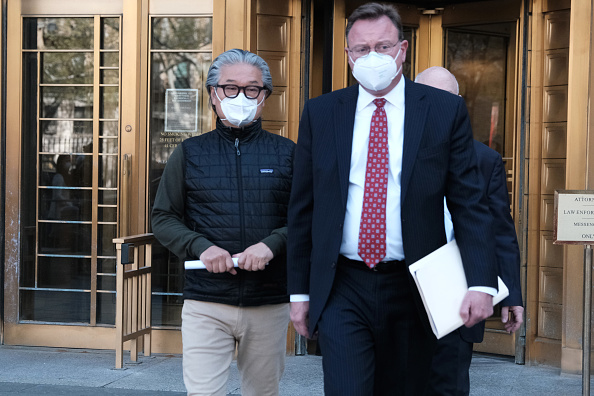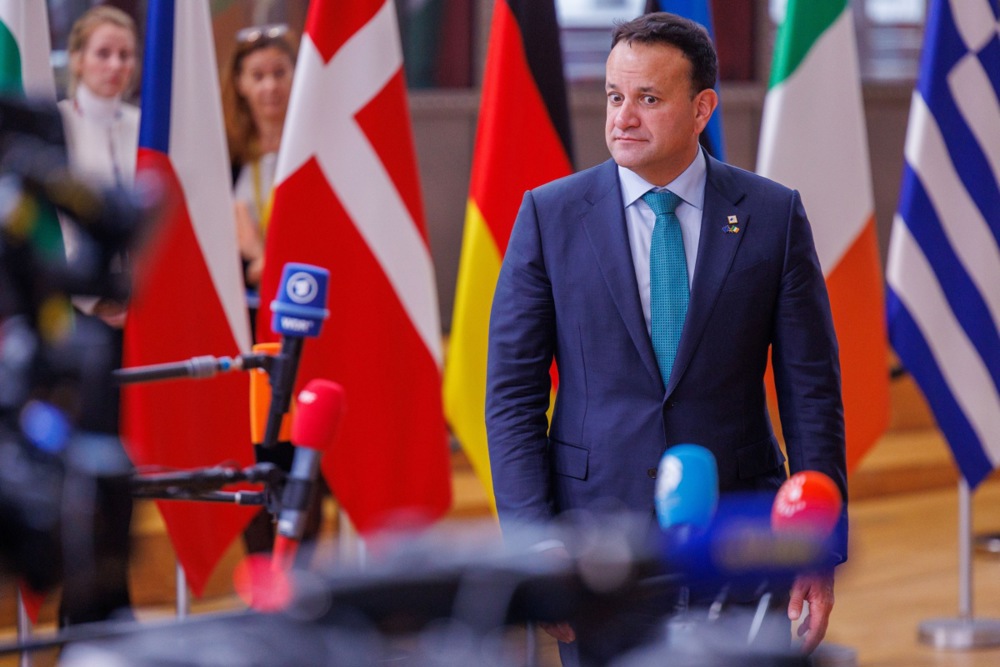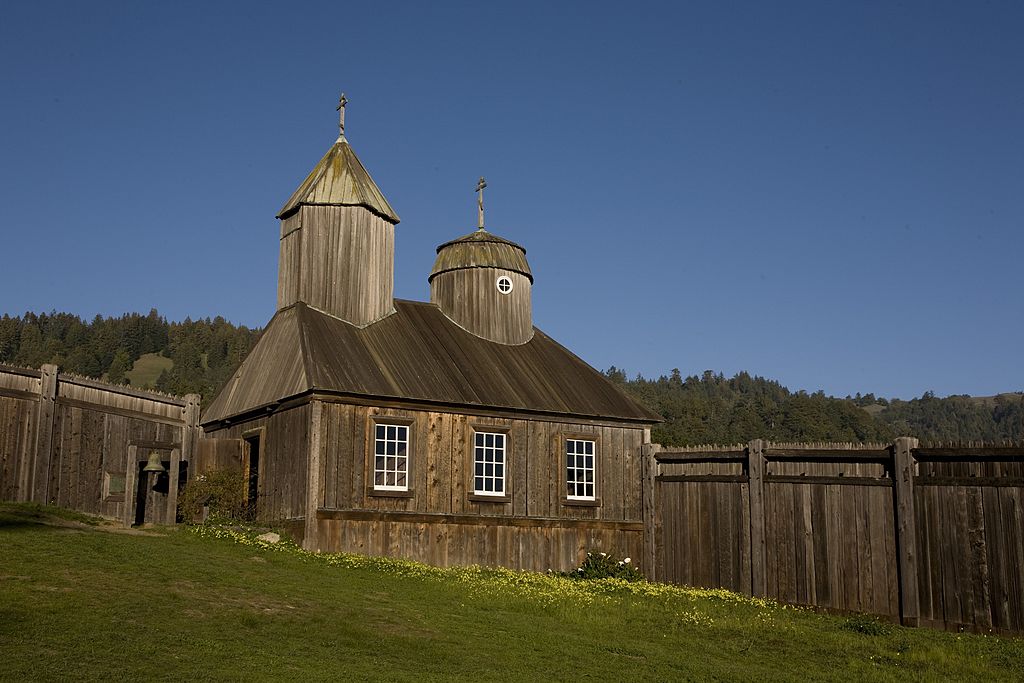The French invasion of Italy in 1494 and the Russian invasion of Ukraine in 2022, although divided by centuries, bear uncanny parallels. Each sparked seismic disruptions across their regions, catalysing a reshuffling of alliances, internal political upheavals, and long-term destabilisation that rippled – and, in the case of the yet-unfinished war in Eastern Europe, are still rippling – far beyond their immediate aims. Both Charles VIII of France and Vladimir Putin of Russia sought not merely to gain control of Naples or Ukraine, but to assert a broader geopolitical dominance. Yet in both cases, their actions set off unpredictable chain reactions, reshaping – or, in our times, beginning to reshape – the very foundations of European power structures.
The French Invasion: Catalyst for Realignment
The 1494 French invasion of Italy under Charles VIII was a defining moment in European history. This was the age of the de Medici, Machiavelli and the Borgias. At the time, Italy, a fragmented mosaic of Renaissance city-states – Venice, Milan, Florence, the Papal States – was highly vulnerable to the ambitions of greater powers. Charles’s campaign came as a surprise and initially met with little resistance. The French army was powerful and terrifying; Italian princes and polities bent to its will. The French king proceeded to a swift and effortless capture of Naples. But the invasion sent shockwaves throughout Italy and beyond, setting off a domino effect that reshaped the political landscape.
Italy’s internal rivalries had left its city-states weakened, incapable of resisting a force as formidable as France. The ease with which Charles advanced southward alarmed both local and external powers. The initial shock wore off. A Holy League to oppose the French was soon formed, in 1495. This alliance – comprising Italian city-states, the Papal States, and Spain – was a direct response to the French incursion. States that had been adversaries for centuries, notably Venice and Milan, were now forced to reconcile their differences in the face of a common threat. There are echoes of this in the contemporary European response to Russia’s aggression in Ukraine, where historically divided or rival nations – most starkly, Poland and Ukraine itself – find themselves driven by necessity to collaborate in the face of Russian expansionism.
Among the key actors exploiting the power vacuum left by French ambitions were the Borgias: Pope Alexander VI and his son Cesare Borgia. Though nominally aligned with the Holy League, they manoeuvred to take advantage of the situation, expanding their influence and territorial control in Romagna. The Borgias, like many 2nd or 3rd rank leaders throughout history, saw in the chaos not merely a threat but an opportunity. There is a dose of this at play today in Europe as well. Post-2022, smaller nations like the Baltics, but also larger ones like the UK, have sought to capitalize on the new political dynamics emerging from the conflict in Ukraine, while the US’s strategic grip over Europe has also strengthened in areas like energy and defence.
Charles VIII’s initial triumphs, however, quickly soured. The Holy League, united by necessity, dealt the French a decisive but expensive blow at the Battle of Fornovo in 1495, forcing a retreat. France’s inability to consolidate its gains was emblematic of the broader instability unleashed by its invasion. The rugged terrain, hostile local forces, and shifting political alliances among the various statelets and principalities south of the Alps meant that Charles’s dream of a lasting foothold in Italy was quickly slipping from his grasp. This fragmented, chaotic political environment allowed other foreign actors, most notably Spain, to assert their dominance over Italy in the ensuing decades. As France’s ambitions faded, Italy became a battleground for larger European powers – a poignant reminder of how great power aggression often unleashes wider forces and unintended consequences, creating instability that persists for generations.
The Russian Invasion: Echoes of History
Fast forward to 2022, and Russia’s invasion of Ukraine has followed a strikingly similar trajectory. Much like the French invasion of Italy, Russia’s actions have opened the prospect for a series of geopolitical shifts that are already reshaping Europe and Eurasia more broadly – see the attitudes of Hungary, India or Turkey, for example. While Russia’s military has faced setbacks due to Ukrainian resistance and economic sanctions, the broader implications of a Russian “victory” – whether through outright military conquest or a negotiated peace favourable to Moscow – would be profound. A successful imposition of Russian dominance over Ukraine would reverberate across the continent, potentially sparking the kind of internal divisions and opportunistic realignments seen in late 15th and early 16th-century Italy.
Should Russia cement its control over Ukrainian territory, the precedent it sets for other revisionist powers would be deeply concerning. Europe’s political landscape, already fragile, would face immense strain. States like Hungary and Austria, which have maintained relatively conciliatory stances towards Russia, could be emboldened by such a turn of events. Viktor Orbán’s Hungary, already resistant to full sanctions against Russia, might drift further from the European Union, deepening the fissures within the bloc. Austria, traditionally neutral but also economically tied to Russia, and with aggressive economic interests in Romania, could find itself pulled into a geopolitical balancing act, forced to choose between its historical neutrality and the growing pressure to align with EU policy.
This potential fragmentation within Europe is reminiscent of the divisions among Italian city-states following the French invasion. Central and Eastern European nations, particularly Poland and the Baltic states, would likely double down on their commitment to NATO and the US, fearing further Russian encroachment. In contrast, Western European states could face rising internal pressures from nationalist and populist movements either sympathetic to Russia or, at the very least, critical of Western support for Ukraine. The EU, already grappling with economic disparities and energy dependencies, could find itself increasingly unable to present a unified front. Much like Italy after 1494, in the coming years and decades, Europe faces the very real possibility of disintegration, where individual nations pursue divergent policies, leaving the continent vulnerable to external pressures.
The economic consequences of a Russian victory would compound Europe’s political fragmentation. An EU weakened by internal strife would struggle to implement cohesive energy and defence policies, with states which still buy Russian energy reluctant to support EU-wide initiatives aimed at diversifying supply chains, let alone the “green agenda”. In this context, economically dominant nations like Germany and France, with increasingly fraught internal politics, might, in time, pursue alternative, bilateral approaches towards Russia, sidelining the EU’s collective authority and further eroding its unity. Just as Italy’s fragmented city-states eventually succumbed to foreign domination, a fractured Europe, unable to manage its internal divisions, could find itself vulnerable to both Russian and Chinese influence and broader global shifts.
Lessons from the Past
The French and Russian invasions discussed here, though centuries apart, illuminate a consistent truth about great power aggression: its ripple effects are often more far-reaching and destabilizing than initially foreseen. The one of 1494 precipitated shifts in alliances, internal upheavals, and opportunities for smaller powers to assert themselves amid the chaos; the one of 2022 already seems to be following the same pattern. In both cases, the aggressors found themselves unable to fully control the forces they had unleashed: Putin certainly did not expect the unified Western reaction he faced initially. But this is a moving picture, and three years later things are arguably trending, again, in his direction.
The lesson for Europe today is clear. If it cannot maintain unity in the face of Russian aggression, it risks the same fate that befell Italy after 1494: fragmentation, vulnerability, and prolonged instability. The fragmentation of Italy’s city-states allowed external powers to dominate the region for centuries. A similar future could await Europe if it fails to respond decisively to the current crisis. The stakes could not be higher – both for the European Union and for NATO. Europe’s ability to navigate the complex, volatile dynamics unleashed by the Russian invasion will determine its trajectory for decades to come.
In the end, the echoes of history serve as both a warning and a guide. The actions of Charles VIII and Vladimir Putin reveal the limits of power and the unpredictability of geopolitical forces. Europe must heed these lessons or risk repeating the mistakes of the past, with consequences that could shape the 21st century in ways we are only beginning to grasp.
Gabriel Elefteriu is deputy director at the Council on Geostrategy in London and a fellow at Yorktown Institute in Washington, D.C.






Germany will take 40 years to regain its 2004 capabilities in tanks, 100 years in howitzers